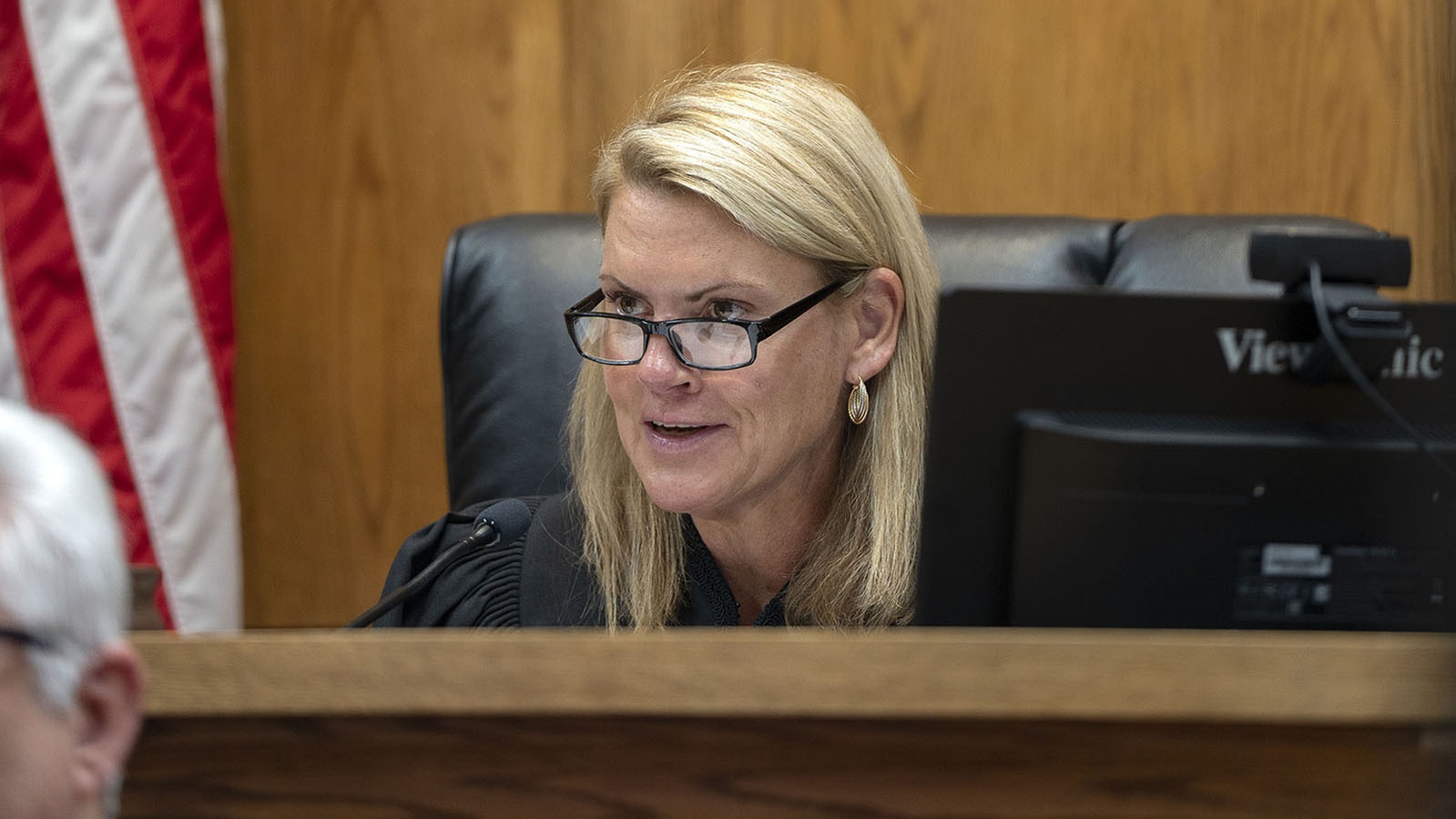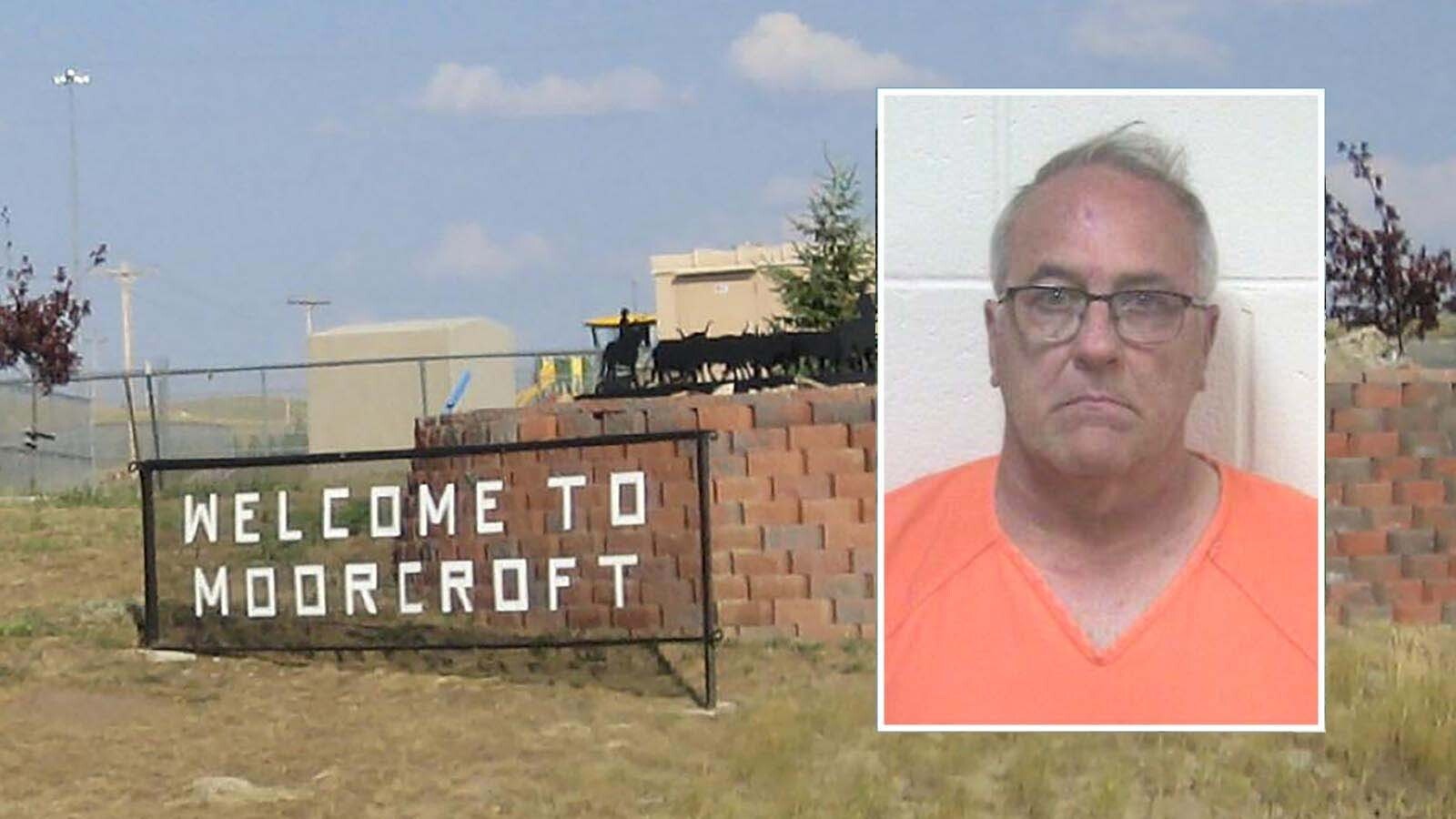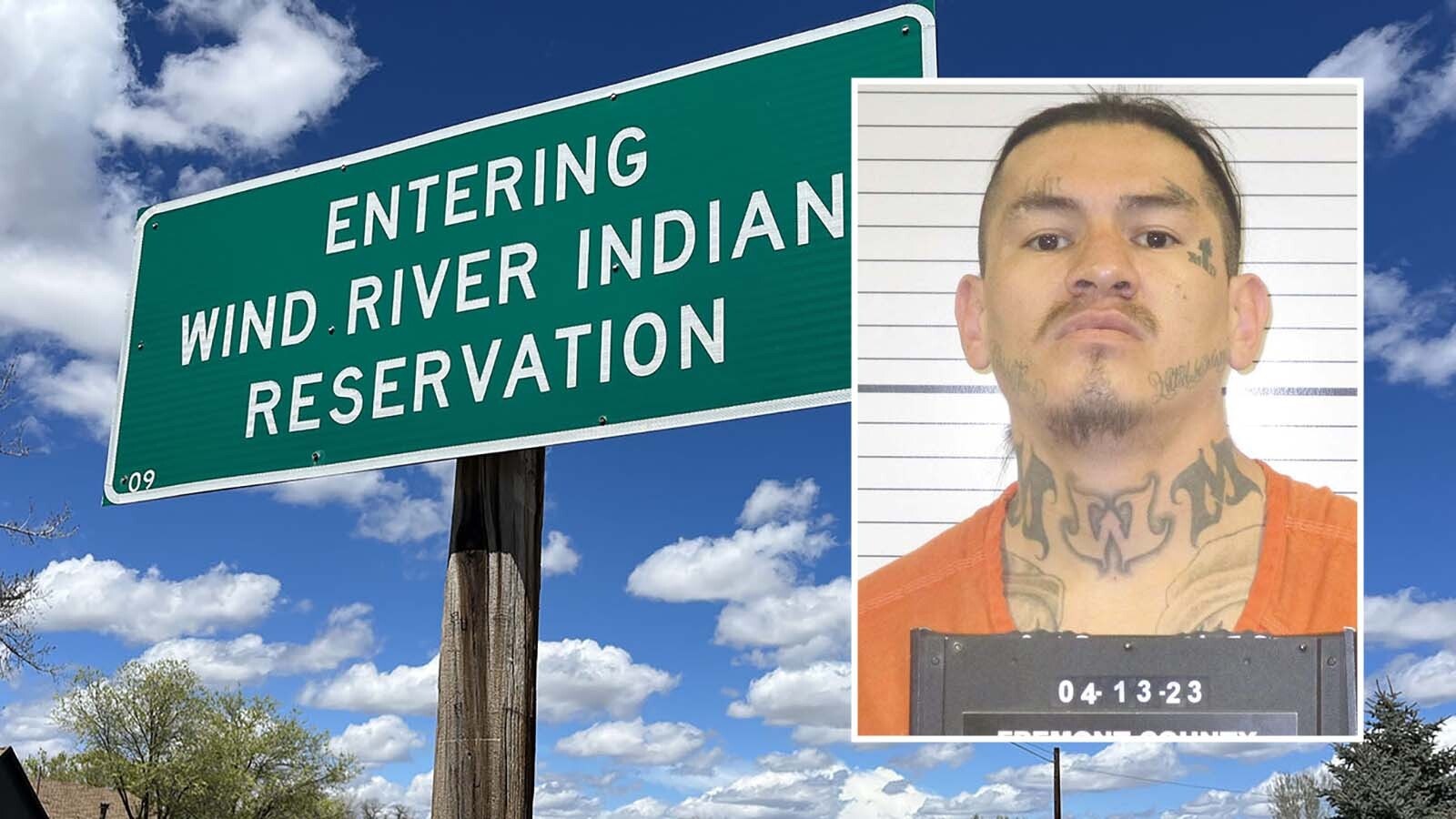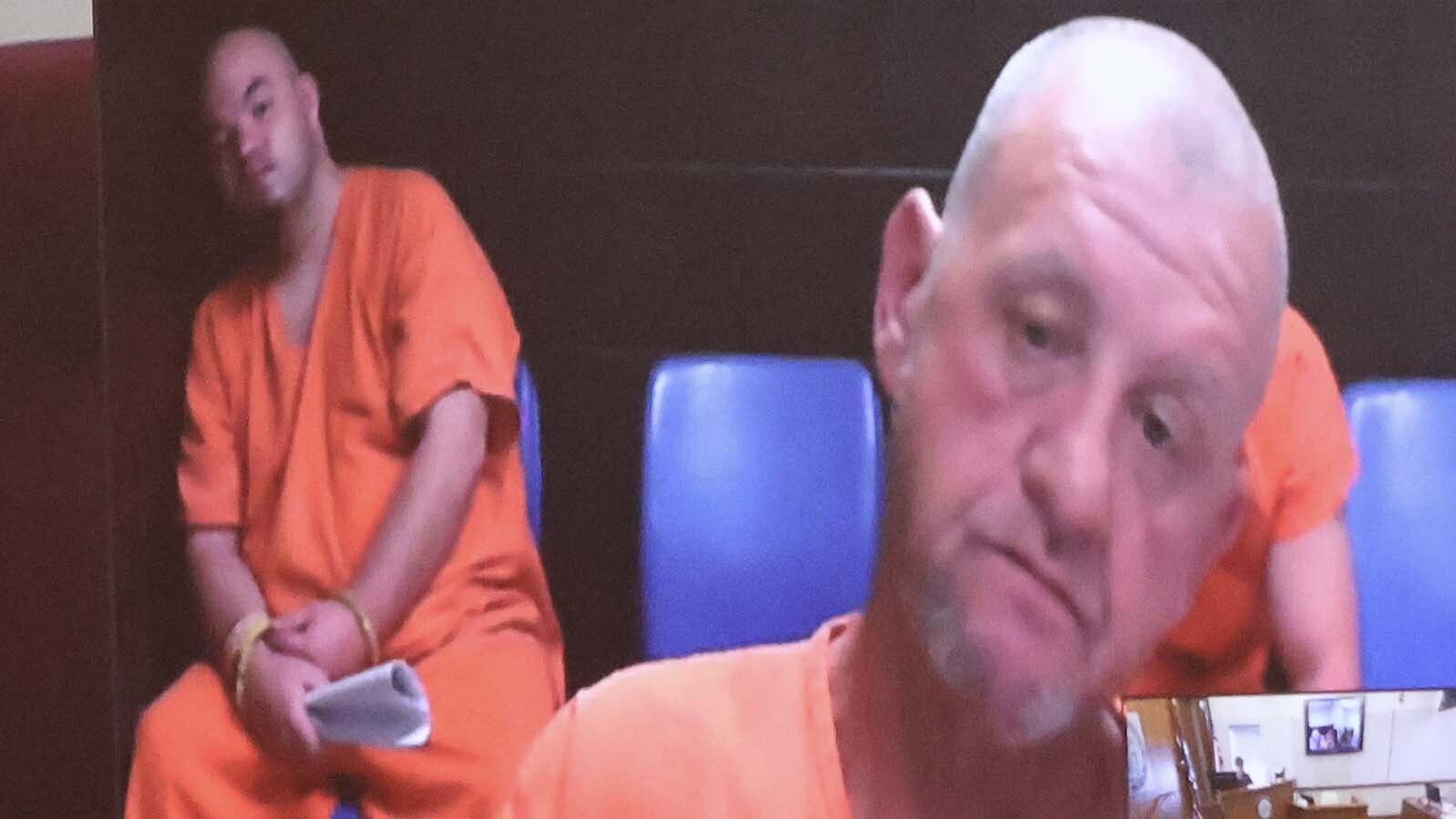The Wyoming judge presiding over a major challenge against two abortion bans is asking the state’s Supreme Court to answer the constitutional questions in the case.
“It would be in the interest of justice to (ask) the following questions of law to the Wyoming Supreme Court,” wrote Teton County District Court Judge Melissa Owens in a Monday certification letter to the high court.
The paramount question is: Do two Wyoming bans against nearly all abortions and against the transfer of drugs to cause abortions violate a clause of the state Constitution that promises health care autonomy?
That promise is in Article 1, Section 38 of the Wyoming Constitution, which the voters passed in 2012 to push back against “Obamacare.”
It says competent adults have the right to make their own health care decisions, as do parents on their children’s behalf.
It also says the Legislature may determine “reasonable and necessary restrictions” to that promise.
If The Answer Is No
If the high court says no, abortion bans don’t violate state health care autonomy, then Owens’ next question is whether the criminal ban on abortion violates numerous other provisions of the state Constitution.
These are:
- Equality of humans.
- Equal political rights.
- Right to due process of law.
- A guarantee against absolute and arbitrary power.
- Religious liberty.
- A ban on giving state money to religious societies.
- A ban on government taking private property without paying for it.
- Uniform law requirements.
- A promise that the people can retain unenumerated rights.
- A prohibition on sectarianism in public schools.
- A ban on attacking people over their mode of worship.
Owens also is asking the high court if the criminal abortion ban is unconstitutionally vague on its face.
Laws cannot be too vague to enforce or understand, according to prior case law. Medical professionals have clashed in this case, with some arguing the ban is vague and others arguing it’s not.
Lastly, Owens asked the high court to decide whether the ban violates Wyoming residents’ right to privacy. The Wyoming Constitution does not enumerate a right to privacy. A small group of Republican and Democratic lawmakers tried to propose a ballot initiative this year to add privacy to the state Constitution, but the state House did not consider that bill, House Resolution 7, for introduction during the recently concluded session.
Rep. Karlee Provenza, D-Laramie, sponsored the resolution, along with co-sponsors Rep. Mike Yin, D-Jackson, and Sens. Eric Barlow, R-Gillette; Cale Case, R-Lander; and Chris Rothfuss, D-Laramie.
Another bipartisan coalition attempted the same resolution in 2023.
We Are So Close
Wyoming Gov. Mark Gordon took Owens’ certification letter as a sign that the state is getting closer to resolution in its two-year battle over whether abortion is health care, he said in a Friday statement.
“With the judge certifying these cases to the Wyoming Supreme Court, the state is closer than ever to a decision on the constitutionality of abortion in Wyoming,” Gordon said.
His comment was in reference to his veto of House Bill 148, which would have required surgical abortion providers to be licensed and would have required an ultrasound at least 48 hours before any abortion.
Gordon, who has long touted pro-life views, said he vetoed HB 148 because it posed new and “misaligned” elements of abortion law that would have confused and delayed the already protracted case now ongoing.
Clair McFarland can be reached at clair@cowboystatedaily.com.





